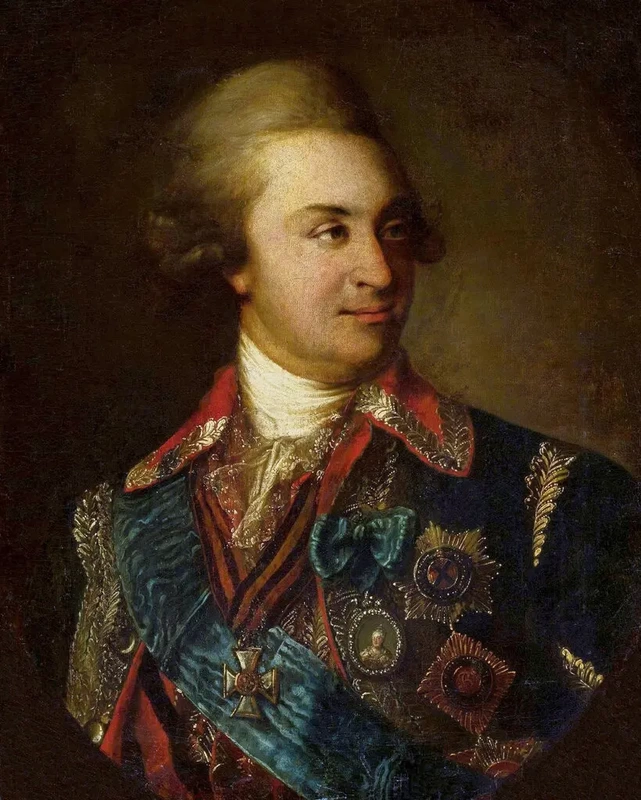That is still a worry but today’s news (“Why Russia Stole Potemkin’s Bones from Ukraine”) points to another symbolic aspect of the war. The Russians have removed the bones of the great commander Prince Grigory Aleksandrovich Potemkin (1739 – 1791) from his burial spot in St, C atherine’s church in Kherson.
The act indicates that Russia’s leadership knows that they are unlikely to hold on to Kherson. Fearing that, they have removed what seems to them the most valuable symbolic treasure from the city - the bones of one of its founders.. They even speak of that as rescuing Potemkin himself, as if this mighty historical figure were the same as a black sac k with bones in it..
..Post-Enlightenment thinkers will find this almost unintelligible. Classicists who remember Plutarch’s account of the Athenians’ claim that they had found the bones of Theseus on the island of Scyros and brought them back for veneration in Athens, will recognize Russia’s an old and deeply rooted pattern in certain cultures. Those who understand Orthodox Christianity will nod in assent, for God can work in and through the material world, that is, through sacraments, incense,, icons and relics. Seen in this way, efforts to control the bones of an acknowledged Great Man ares no surprise.
So, the Russian action needs to be understood in symbolic as well as economic and strategic terms. Seizing Potemkin’s bones is a way to acquire symbolic capital. The war itself is to some extent about symbolism.
That’s not a trivial suggestion, for it raises the question of Putin’s long-term objectives. Some other bones help answer that question, as I hope to show soon in another blog post.
